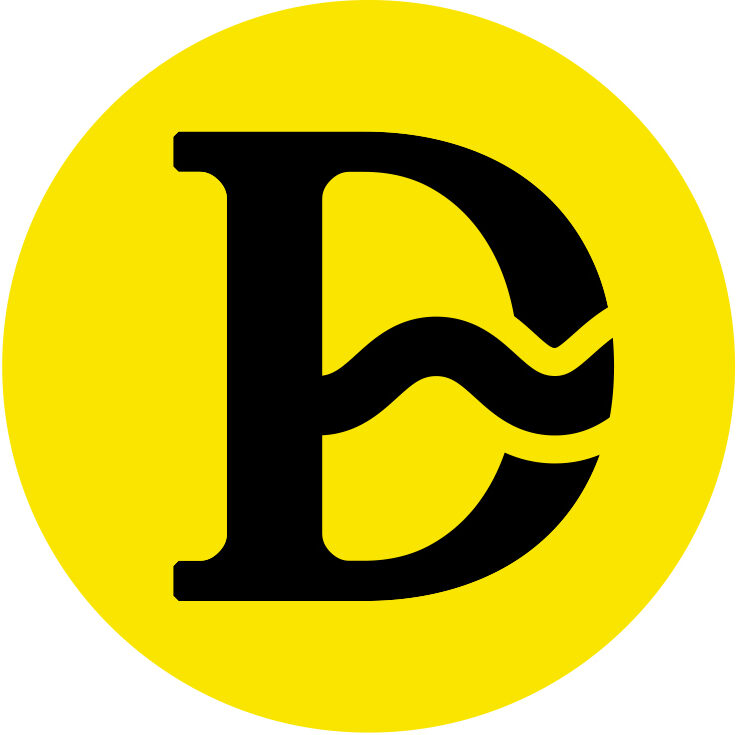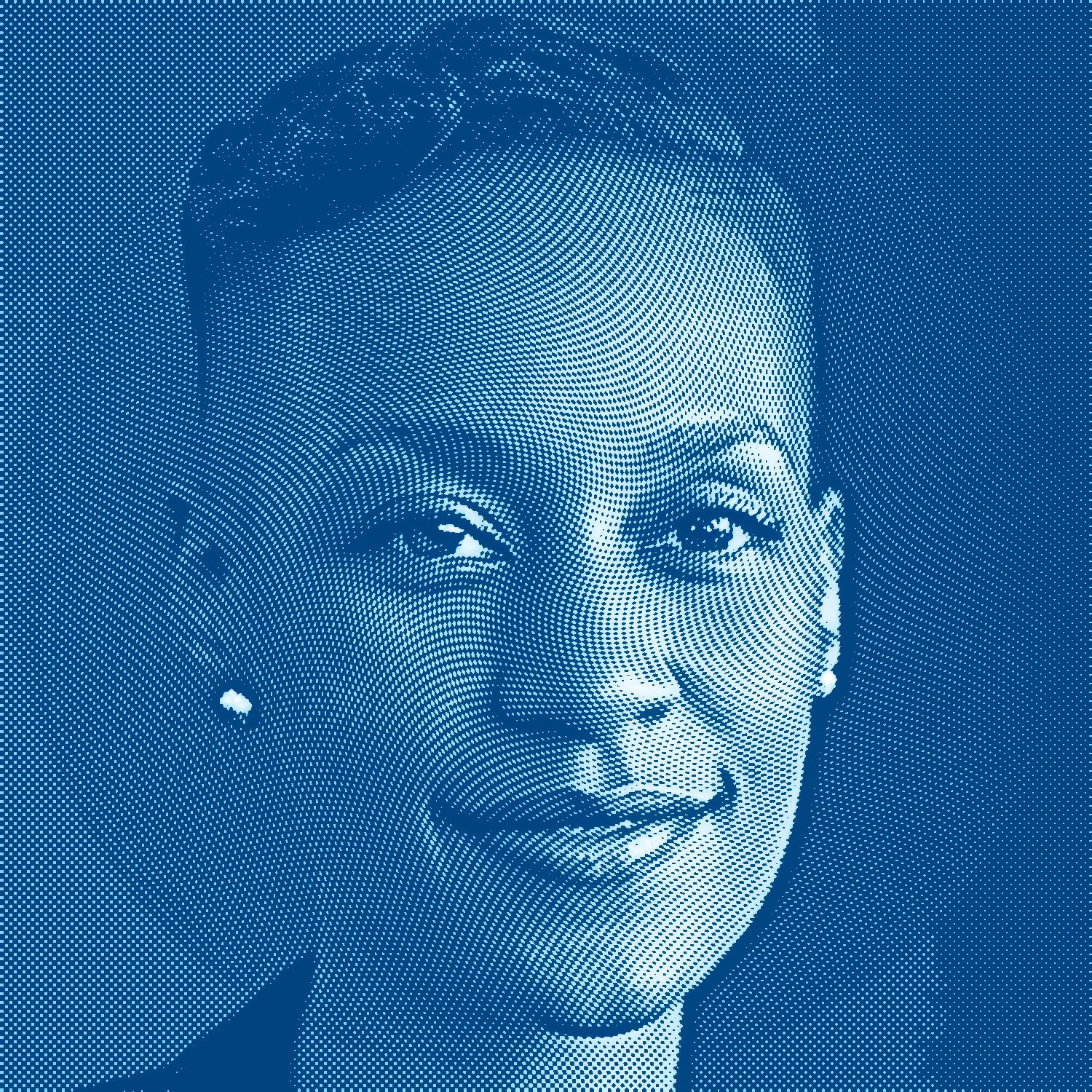The Downtown Business Improvement District (BID) board meeting focused on plans for a cultural corridor in Omaha’s downtown area, as presented by Billy Coburn, president of the Old Market Association. Coburn outlined a vision for the corridor, which would feature performance venues, public art, green spaces and historic landmarks to create a vibrant, pedestrian-friendly connection from the new downtown park to the upcoming Bemis Center park. He emphasized transforming downtown Omaha into a cultural and community hub, while board members discussed improving connectivity and green spaces, enhancing transit options, and installing more public seating and restrooms.
To gauge community sentiment, the Old Market Association conducted a survey where respondents used words like “dirty,” “historic” and “busy” to describe downtown Omaha. Coburn identified four key areas to revitalize, including enhancing sociability with welcoming streetscapes, increasing activities like alleyway activations, improving safety and cleanliness, and ensuring accessibility. Current district projects, such as the “50 Faces, 50 Stories” video initiative funded by a $24,000 grant, will highlight diverse community members and begin rolling out in 2025. Coburn stressed that collaboration with local partners, including Amplify Arts and the City of Omaha, is crucial for achieving these goals.
Additional updates covered community safety and recent incidents downtown. Holly Barrett, the BID’s executive director, reported a series of violent events, including a recent car crash at 10th and Douglas that killed four people, including three children, and a 16-year-old’s fatal shooting at 16th and Farnam. The BID continues to work closely with local authorities to increase visible security, particularly around late-night venues.
Meeting documented by Marcus Chaffee
Read full meeting notes here



